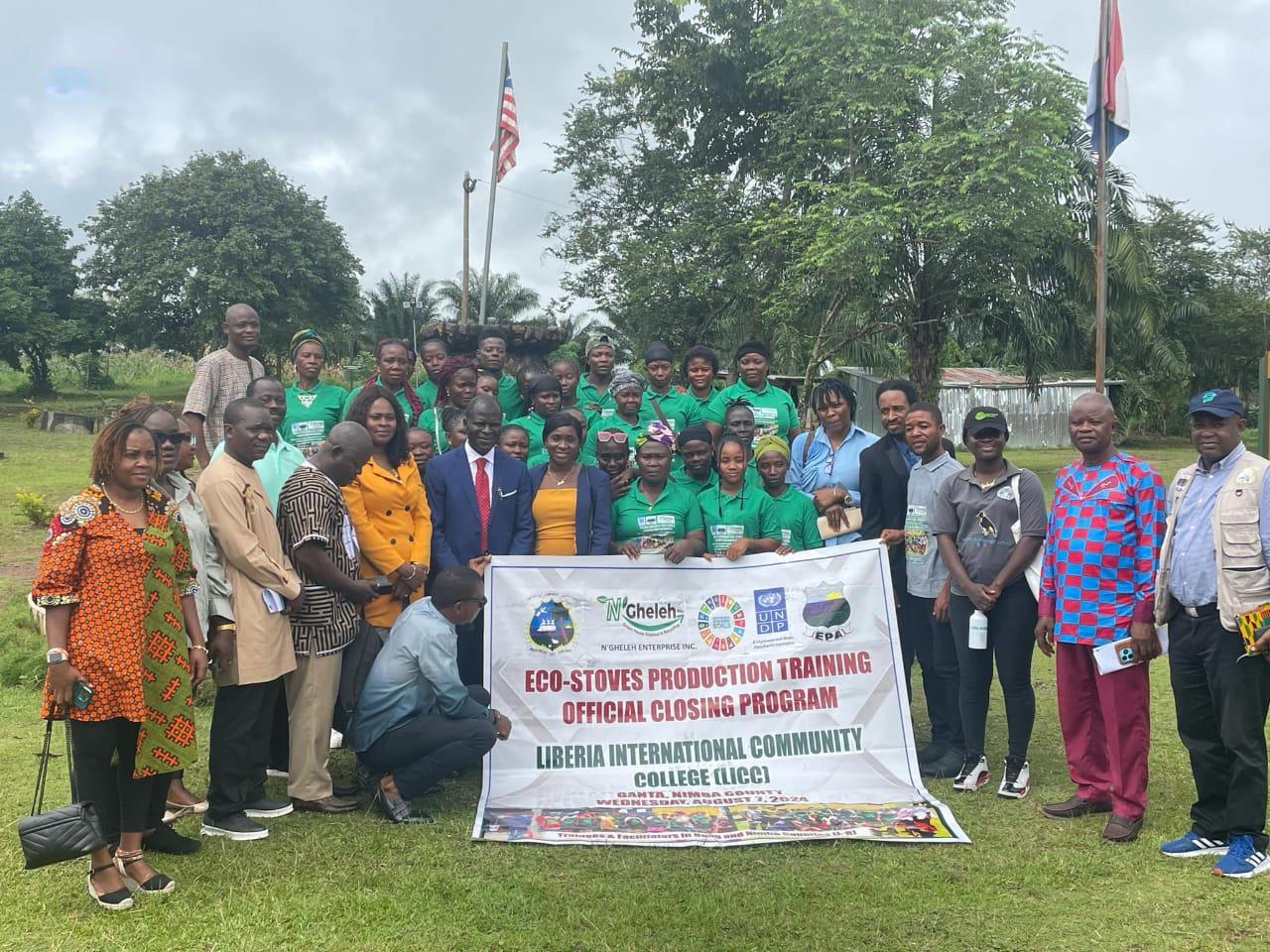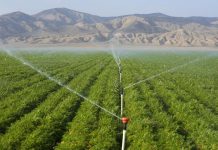Africa-Press – Liberia. The graduation was in fulfillment of Liberia’s decision in its Nationally Determined Contributions (NDCs) to produce 300,000 eco-stoves by 2030 to address global warming and deforestation.
Forty-seven Liberian women from Bong and Nimba Counties have graduated with technical skills in eco-stove production aimed at addressing global warming and deforestation.
The graduation fulfilled Liberia’s decision in its Nationally Determined Contributions (NDCs) to produce 300,000 eco-stoves by 2030 to address global warming and deforestation.
Liberia’s commitment resulted from a 2015 gathering in Paris, France, that brought together about 196 nations and decided that all countries should take action to address the warming of the earth.
The Eco-stoves training was conducted from May 2024 to July 2024 to certify 25 women from Bong County and 22 women from Nimba County. A total of 47 women were trained in eco-stove production under the Renewable Energy Access Project under the Energy and Environment Program, supported by the UNDP.
The graduation ceremony was held in Gompa City, Nimba County on August 7, 2024, and brought together representatives from the private sector and government officials.
The trainees produced 450 eco-stoves as part of Liberia’s NDCs 300,000 pieces of efficient eco-stoves and were grouped into small enterprises to be given starter kits for producing and selling more efficient eco-stoves in both counties.
Similar work targeting women took place in Montserrado and Bomi Counties between 2021 and 2022.
In a special remark, Dr. Emmanuel K. Urey Yarkpawolo, Executive Director of the Environmental Protection Agency (EPA), outlined the significance of Eco-stoves while naming economic growth, health, and environmental protection as important.
Dr. Yarkpawolo expressed excitement and appreciation to UNDP Liberia, whom he described as one of Liberia’s reliable, trusted, and dependable partners.
He applauded the UN agency for making available the financial resources to conduct the important eco-stove training for women in Bong and Nimba Counties.
According to him, environmental protection through a reduction in deforestation is important for eco-stoves. He added that Liberian people depend strongly on firewood to cook foods, heat water, and even generate fire coals.
” All these practices are harming our forests, causing deforestation, which would lead to desertification if not contained,” he said.
“The usage of eco-stoves will enable us to use less coal, helping to conserve our forests. By producing more eco-stoves, Liberia will be contributing to the global effort in fighting climate change, thereby helping to achieve our climate change mitigation targets as identified in our NDCs in fulfillment of the Paris Agreement,” Dr. Yarkpawolo added.
Further explaining health benefits, he said that eco-stoves have health benefits through the reduction of indoor air pollution, pointing out that Liberia’s traditional three-stone fire stoves or coal pots release a lot of smoke, leading to respiratory diseases.
For More News And Analysis About Liberia Follow Africa-Press






